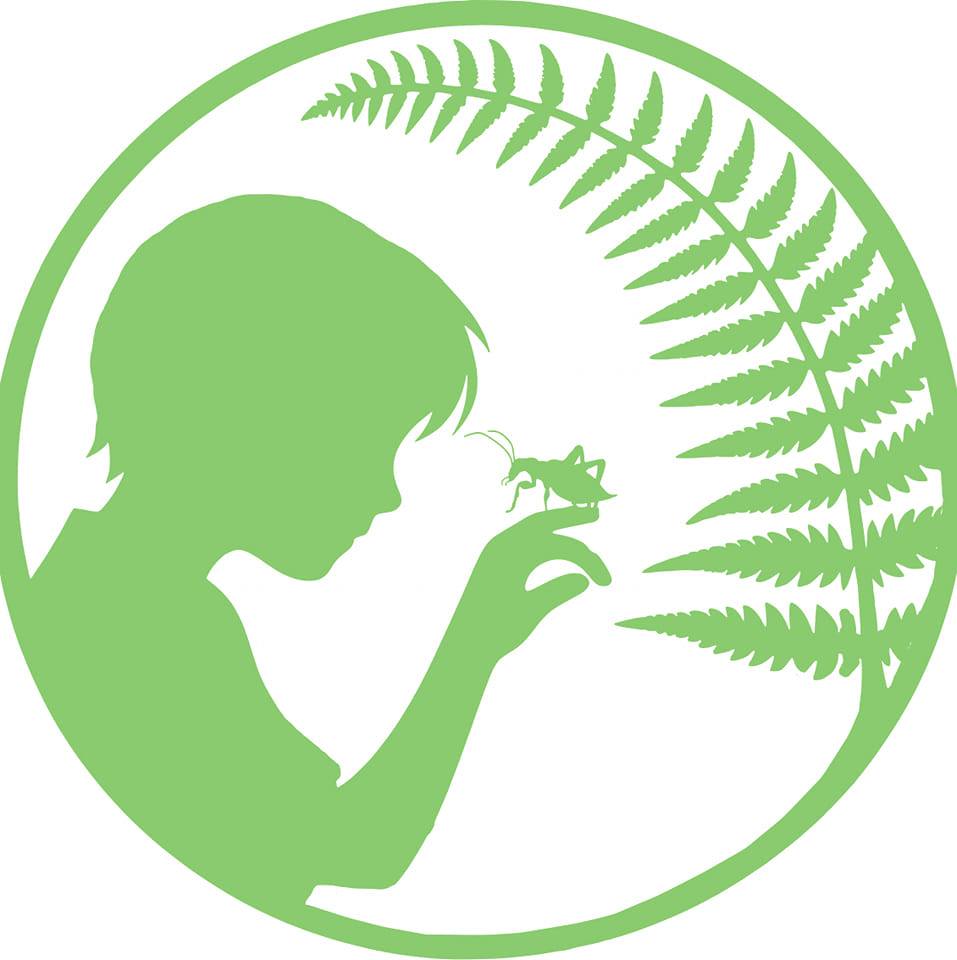Resources
Have you come across the ‘Special Project’ or ‘Topic Plan’ section of the exemption application yet?
After all of your hard work completing all of the curriculum sections, reaching this requirement right near the end of your application may have stopped you in your tracks. You may be feeling overwhelmed at this point. Let me give you some pointers and reassure you that yes, this does fit within your unschooling / life learning / natural learning journey. It can even be the most fun part if you let it!
The Special Project is the best opportunity to share your child’s special interests. This might be a project you have already done together, or one you would LOVE to do together in the near future.
It’s a great opportunity to integrate a whole lot of different areas of learning into real life skills and practical experiences.
Exploring your child’s deep interest in amphibians by getting tadpoles, learning all about their habitat and survival needs, setting up a frog friendly tank and watching your little friends turn into four legged froglets – we have done this – highly recommend!
Having your child lead the way in designing their own garden, learning about seasons, climates and the way plants grow, perhaps using their home grown produce to cook meals or even sell to the neighbours!
Learning about how guitars are made, learning to play the instrument, having a go at making their very own guitar with a specially chosen piece of timber (and the help of Youtube or a local expert).
Developing independence and life skills by planning a trip or series of trips within your local area or beyond, using train, bus, ferry or even plane timetables and working with a budget, making calculations. Your child or teen could consider what to pack, the weather, dietary restrictions or preferences and navigate using maps.
The sky’s the limit (although you could also explore space too!)
For support in writing or editing your exemption, or for that peace of mind before sending it off, get in touch for a chat, or look at my “Unschooling Getting Started Digital Package” for a DIY guide.


Terms and Conditions Apply